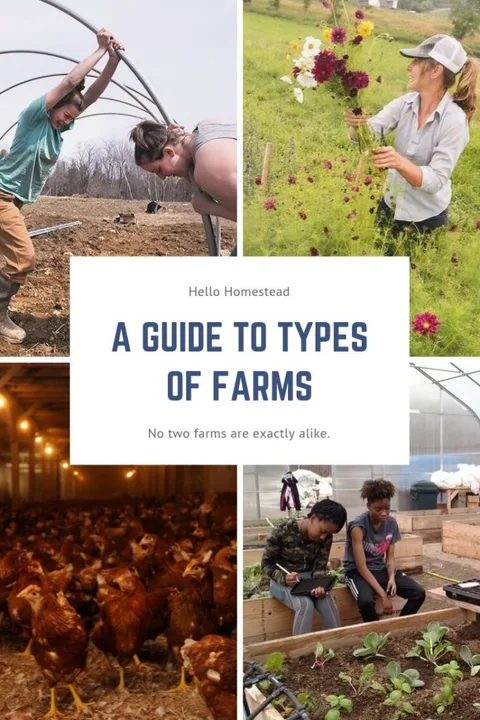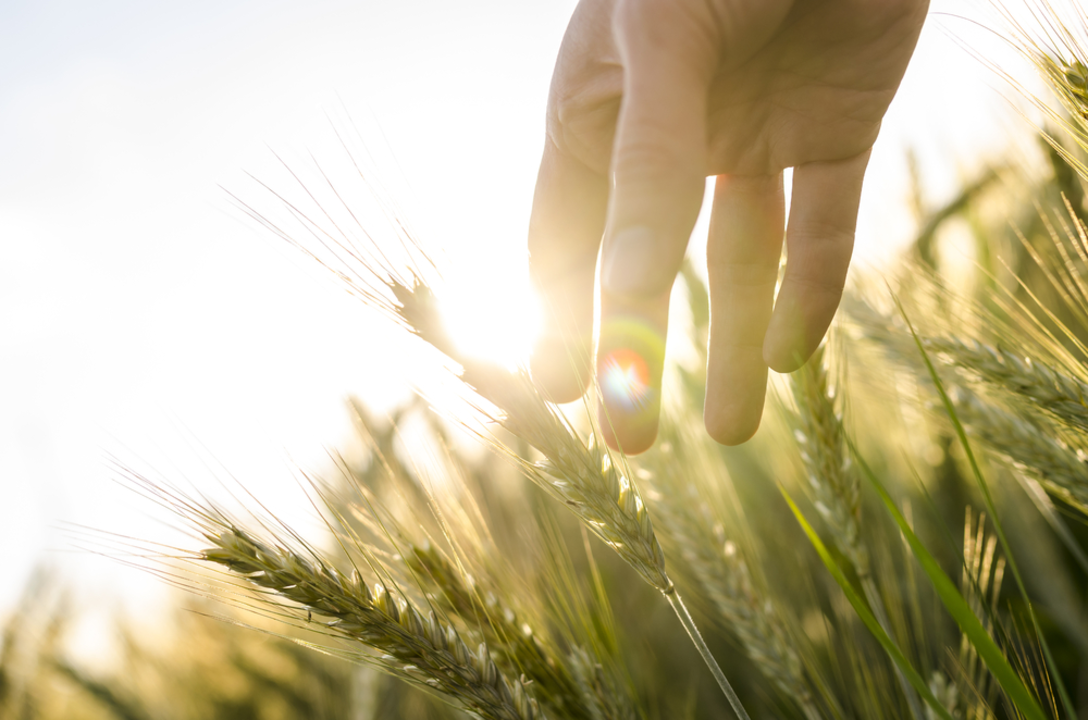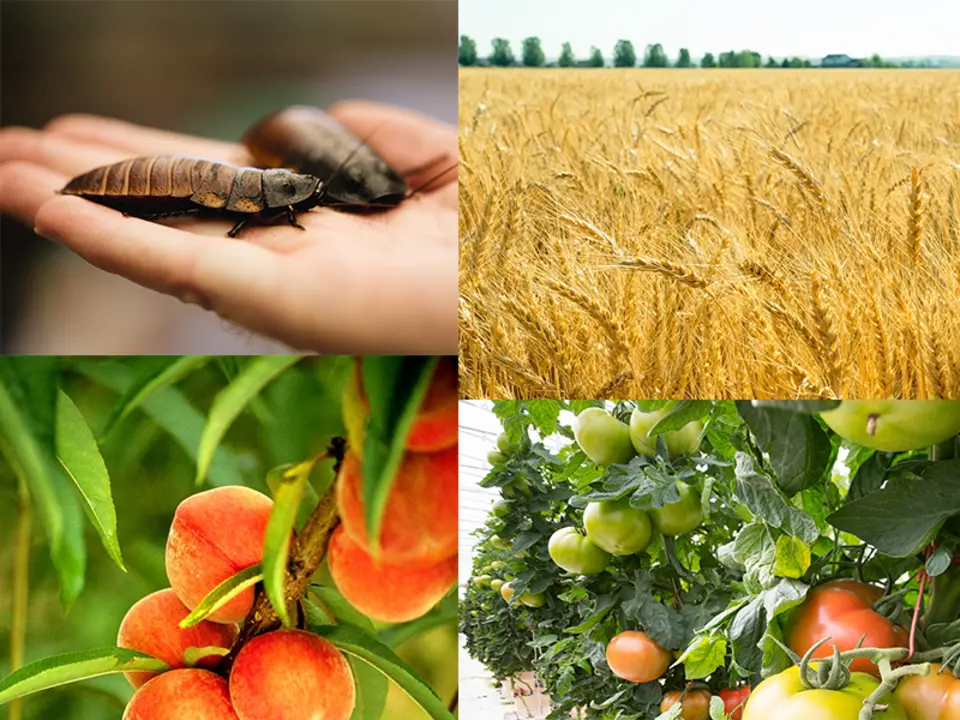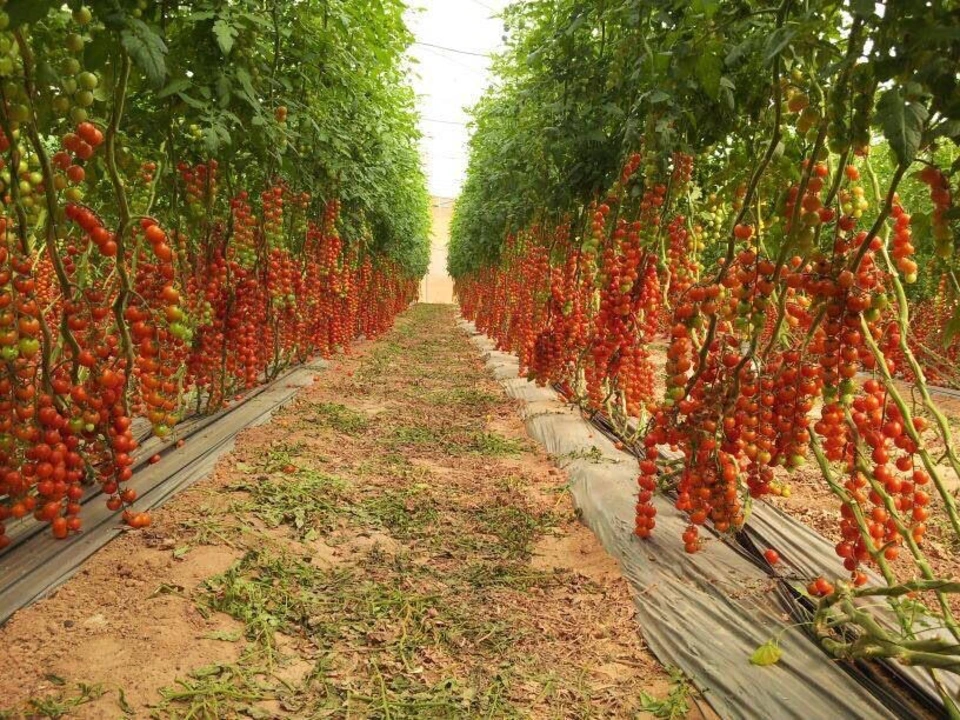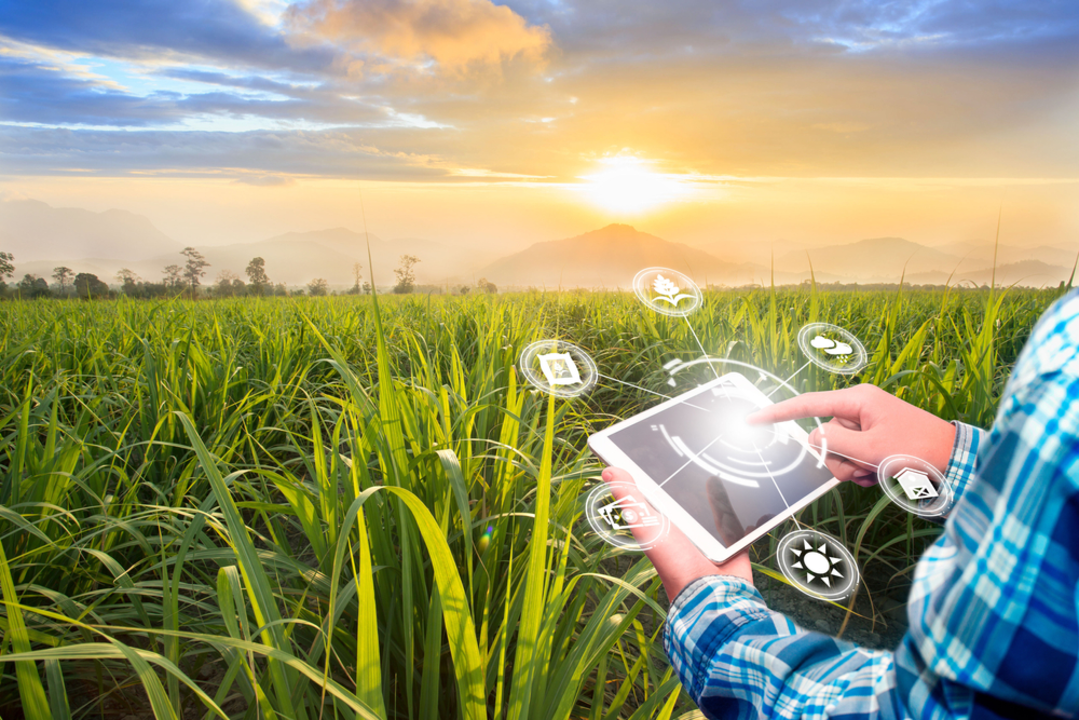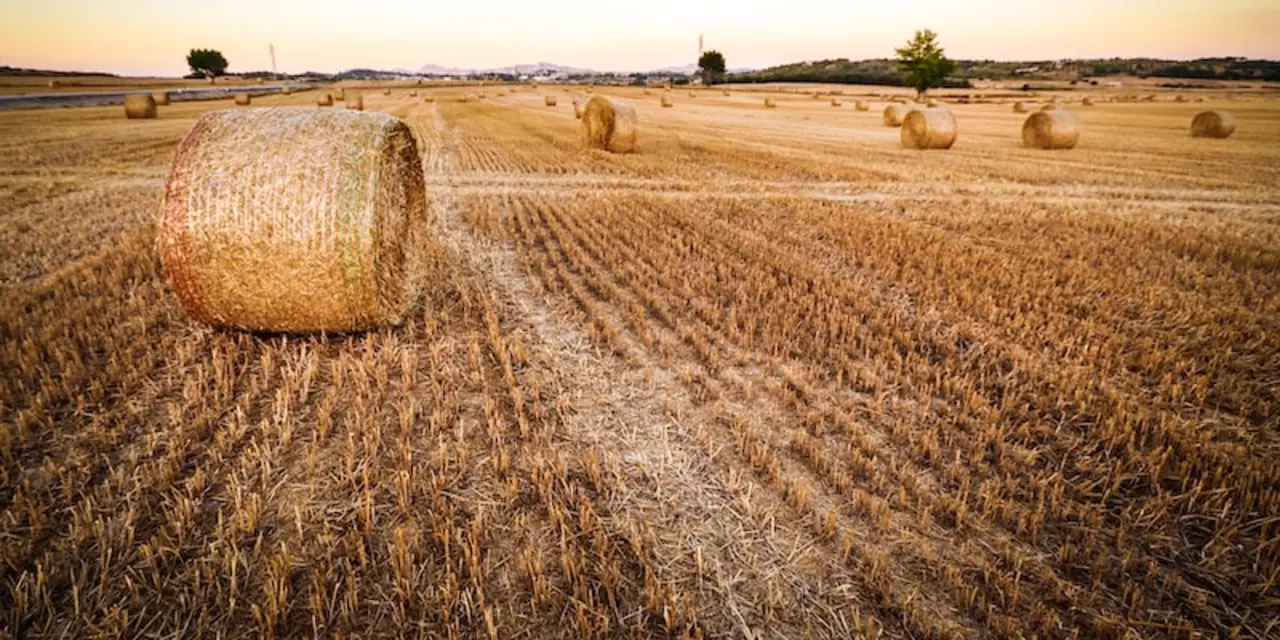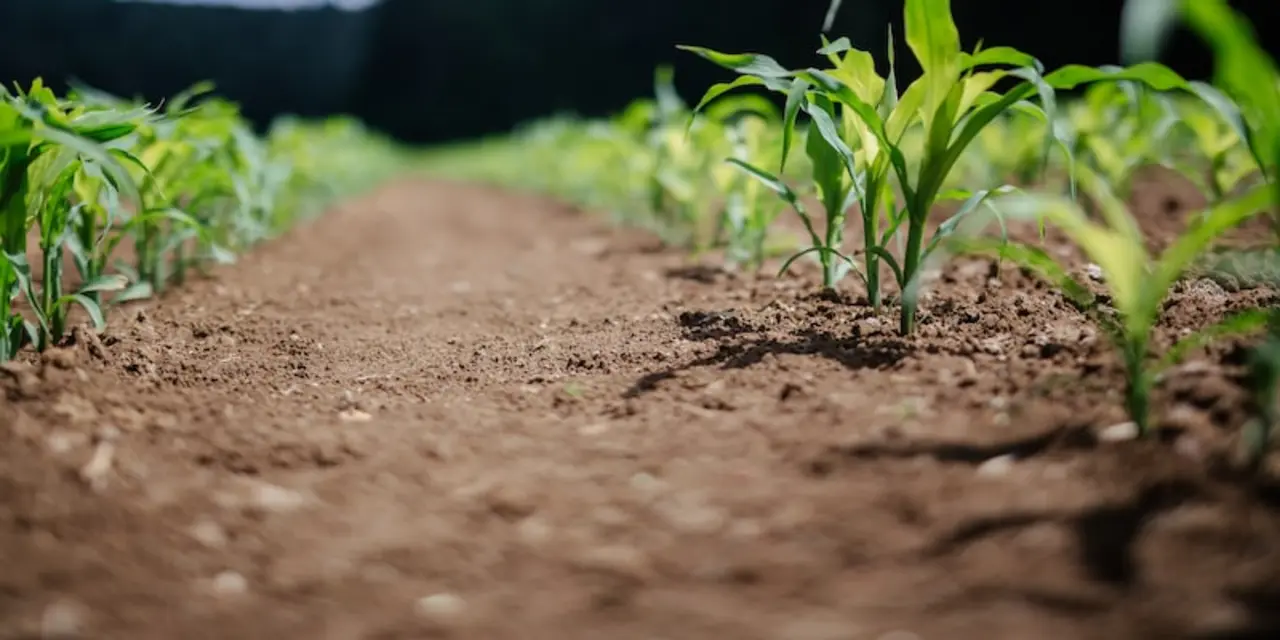How has technology changed farming and food production?
Technology has revolutionized farming and food production, significantly increasing efficiency and sustainability. Innovative tools like precision agriculture, drones, and genetically modified organisms (GMOs) enable farmers to optimize resources and boost crop yields. Meanwhile, advancements in food processing and packaging have extended shelf life and reduced waste. Furthermore, technology has facilitated global trade, expanding our access to diverse food sources. Overall, these technological breakthroughs have transformed the agricultural landscape, ensuring a more reliable and abundant food supply for the ever-growing population.
- Apr, 25 2023
- 0 Comments
